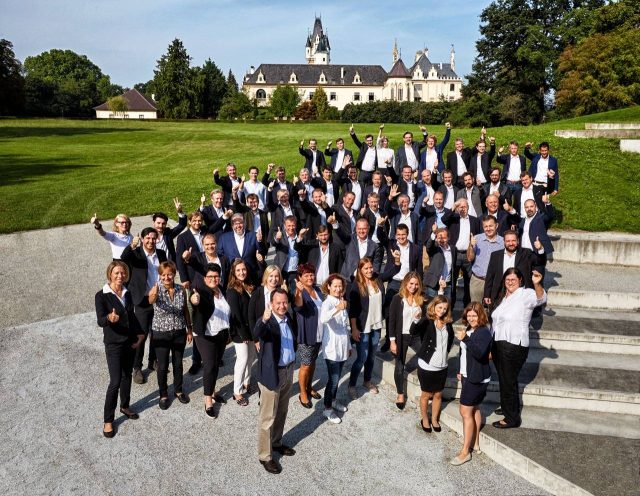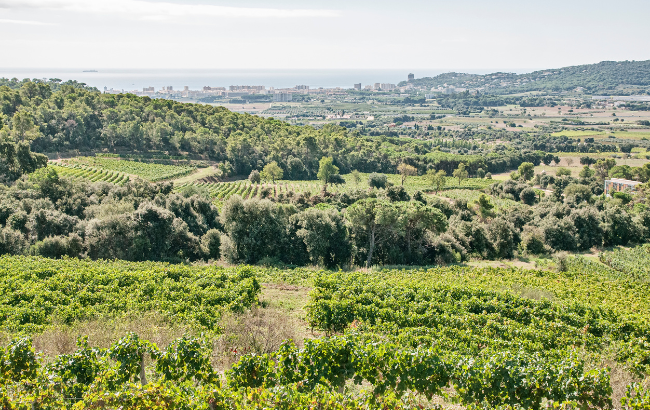Milestone vineyard classification approved in Austria
By Sarah NeishAfter 30 years of lobbying by the ÖTW group of premium wineries, Austria has become the only country apart from France to introduce legal vineyard site classification.

When Traditional Wine Estates of Austria (ÖTW) first began pushing for vineyard classification in 1991 it was with the aim of differentiating the country’s best single vineyards from the rest.
Now the group has finally got its wish after investingmore than three decades and €10 million into the quest, with official classification finally granted this week following “official formalities” in the wake of a signature gained on 24 June 2023.
Under the newly approved system, Austria’s best vineyards can now be designated as Erste Lage (Premier Cru) or Grosse Lage (Grand Cru).
While Michael Moosbrugger, the national chair of the ÖTW, says the process has been “an uphill struggle at times”, he is nonetheless “proud of our important contribution to the Austrian wine industry.”
He added that “as the country’s leading wineries, we bear a responsibility for the positive development of our wine industry. That is why we will also accompany the progress and development of the legal classification and do our best to avoid mistakes and errors.”
The move also marks an international milestone as until now France has been the only country where it was legally possible to classify vineyard sites nationwide.

Partner Content
The 77 member wineries of ÖTW believe that the classification will help consumers to more easily understand Austria’s vineyards and wine, as many felt the previous system was confusing with up to 900 appellations for local wines and quality determined by sugar levels.
Austria’s current private classification will continue for now until there is a statutory classification by the relevant Regional Wine Committee. Once that has occurred, the legal classification will be the only system used.
“We have spent 18 years observing nature, involving experts and scientists, tasting the development of wines from the best sites to lay the foundations for a classification,” says Moosbrugger.
A top vineyard site must not only produce outstanding wine every year, but it must also generate a corresponding added value, be historically documented and have been available and visible on the market for years.
Among the top classified Austrian vineyards are those found in Traisental, Kremstal, Kamptal, Wagram, Vienna, Carnuntum and Thermenregion.
The classification of the next highest classification — Grosse Lagen (Grand Cru) —sites has yet to be finalised.
ÖTW is holding a Single Vineyard Summit in Grafenegg, Lower Austria, during which wine professionals, journalists and sommeliers are invited to evaluate wines from the 95 newly classified ÖTW Erste Lagen (Premier Cru) vineyards. The summit will take place on 4-9 September.
Related news
The winemaking nations hit hardest by Trump tariffs
Hospices de Nuits-Saint-Georges auction: bucking the trend
‘Liberation Day’ or liquor lockdown? Trump’s tariffs rattle the wine & spirits world




